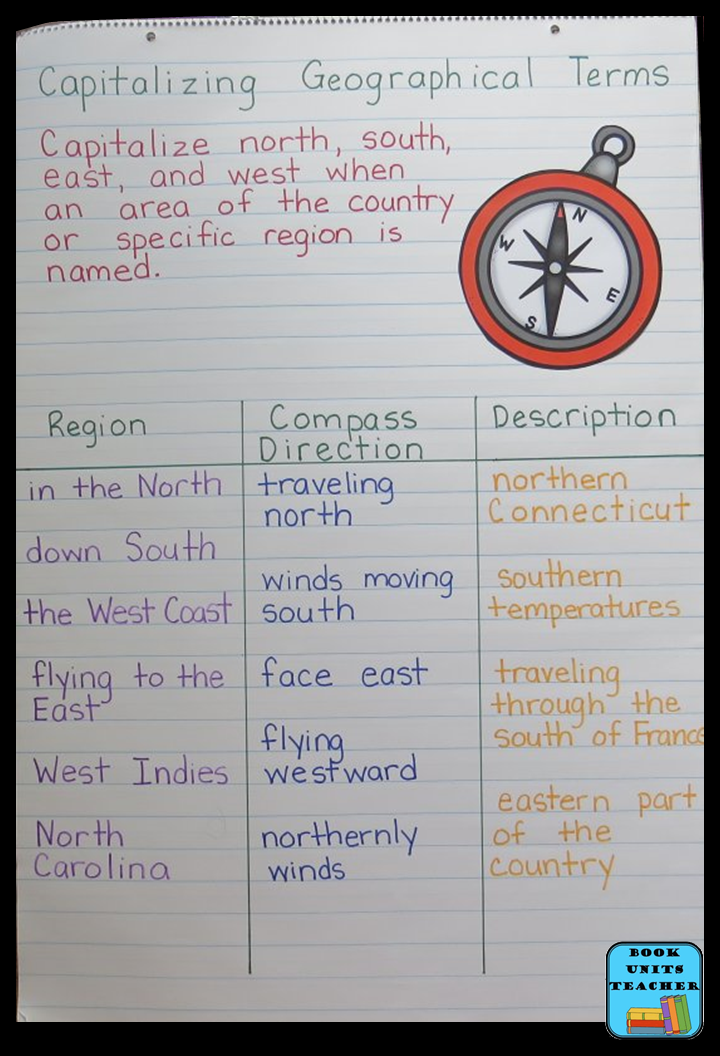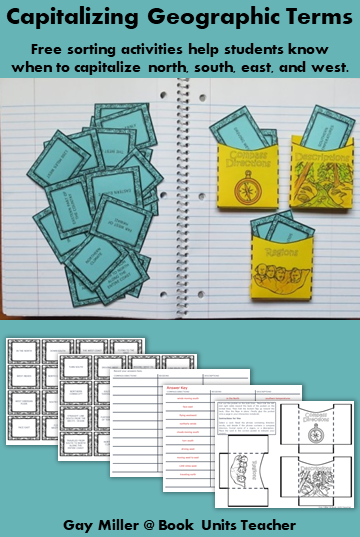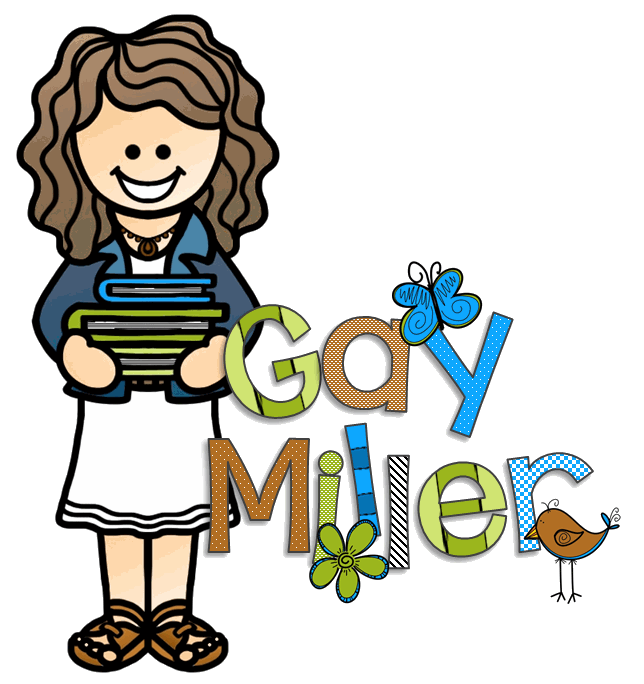
Do your students know when to capitalize directions? Most second graders proudly capitalize cities, states, and countries like seasoned travelers with a passport and a pencil—but those pesky direction words? A whole different compass. Whether it’s North Carolina or just “heading northeast,” students often struggle to decide when north, south, east, and west deserve their uppercase badge of honor.
This mini-lesson covers the ins and outs of capitalizing direction words so you won’t have to keep pointing students in the right direction (pun intended). Start with the downloadable handouts, which include a foldable organizer and a low-prep sorting activity that’ll help students visualize the rules in action. You’ll find the materials here: Grab your handouts here.
When to Capitalize Directions – The Three Big Rules

Capitalize north, south, east, and west when an area of the country or specific region is named.
Rule 1 – Compass Directions
Don’t capitalize when you’re giving plain ol’ directions.
From Atlanta, head northeast on I-85 to go to Charlotte.
The captain turned the ship in a southern direction when he saw the icy waters.
Westerly winds blew in smoke from the fires.
Rule 2 – Descriptions
Don’ts
When describing general areas without formal names, skip the capital letters.
We traveled through the north of Maine.
Dos
But if that description is part of an official name, capitalize away!
The mountains are located in the western portion of North Carolina.
Mount Rushmore is located in South Dakota.
Rule 3 – Regions
Don’ts
Don’t capitalize directional words unless they’re part of a formal, recognized region.
The Atlantic Ocean borders Georgia in the eastern part of the state.
Dos
Do capitalize when it’s part of the name.
Meghan won the Northeastern Championship.
My family is from the Deep South.
Following the fall of Rome, Western Europe entered the Middle Ages.
When to Capitalize Directions Activities
Activity #1 Anchor Chart

Set the stage with a student-friendly chart that summarizes the three rules, accompanied by relevant examples. Add a graphic (a compass is perfect!) to help spatial learners visualize the concept. This chart works well as a standalone or in conjunction with the foldable organizer. Bonus: It makes an excellent reference during the sorting activity.
Activity #2 Sorting Activity

Let students become grammar cartographers. They’ll assemble three labeled pockets in their notebooks and sort direction phrases into the correct category: compass direction, regional name, or description. The included cards make this fast to prep and fun to explore. Plus, it’s easy to check understanding without a single worksheet.
Still need the handouts? No worries—I won’t make you retrace your steps.
Looking for a way to make grammar stick? These TPT lessons combine video instruction, animated shorts, and printable games to bring grammar to life. Students get clear visuals, engaging stories, and fun practice with concepts like prepositions, punctuation, and verb tenses—all in one easy-to-use bundle.



